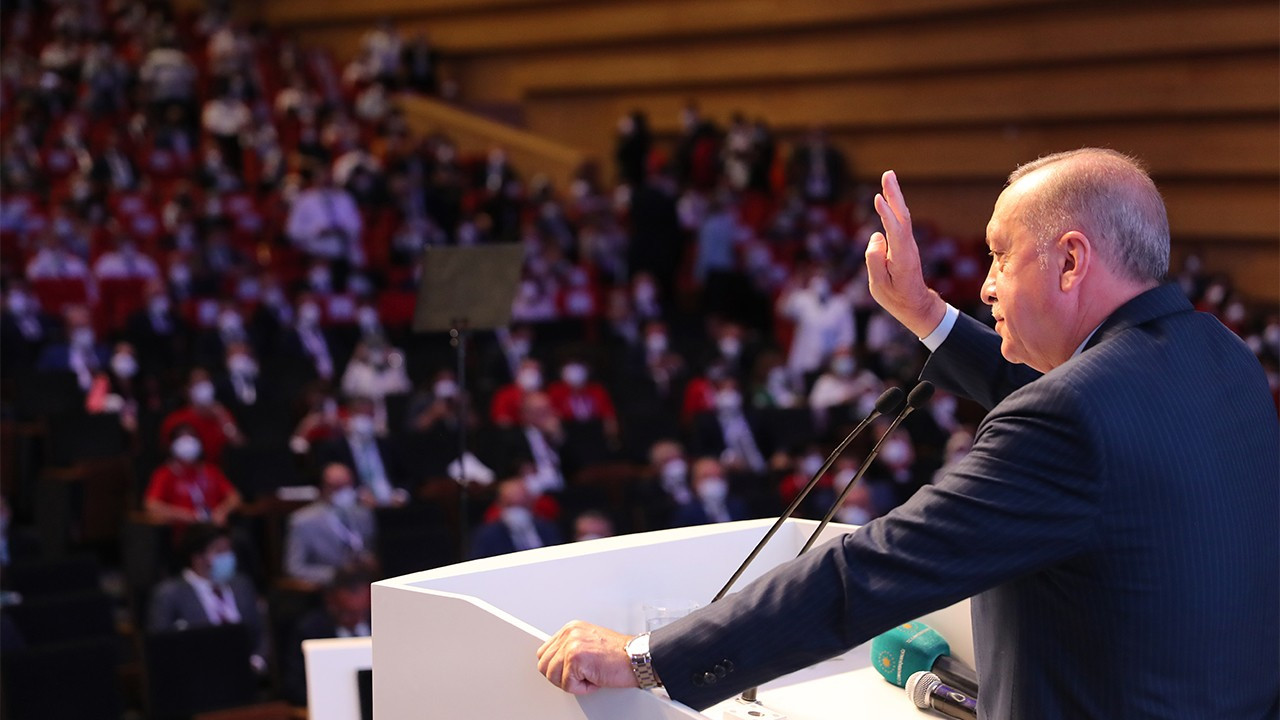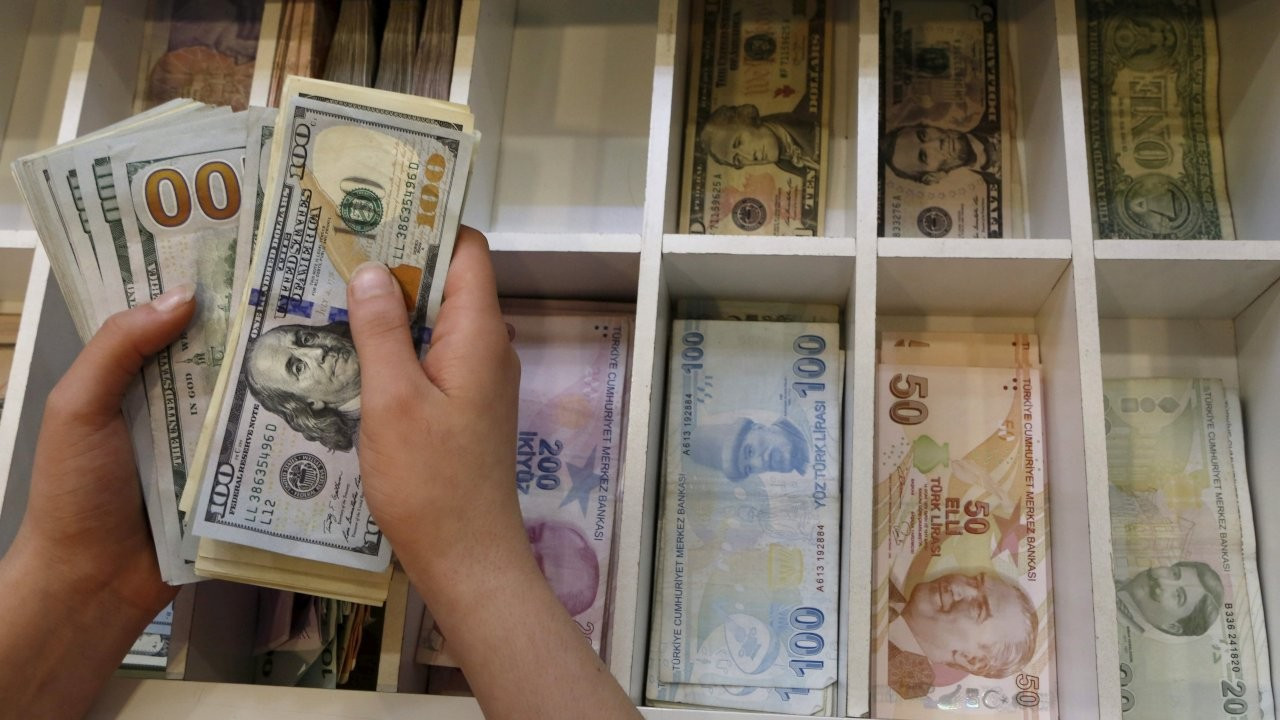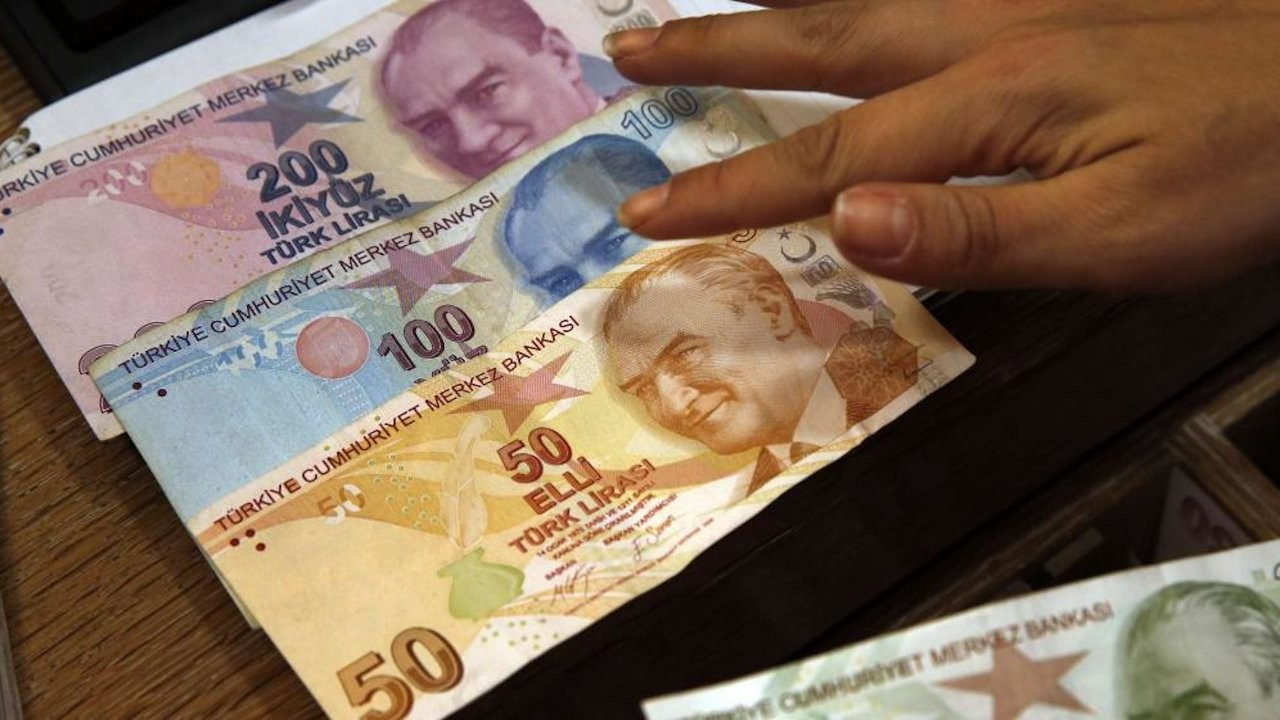The never ending story: Erdoğan vs interest rates and questionable TÜİK data
All eyes are on the inflation rate the Turkish Statistical Institute (TÜİK) will announce on Sept. 3 following President Erdoğan’s statement that "interest rates will go downhill starting in August."
K. Murat Yıldız / Duvar English
In contrast to President Recep Tayyip Erdoğan’s statements, the Central Bank's Monetary Policy Committee (PPK) on Aug. 12 decided to keep the policy rate at 19 percent for the fifth time, unchanged since March, instead of cutting interest rates as the President would have preferred.
President Erdoğan previously stated that "interest rates will go down starting in August." Yet, with this decision, the Turkish Central Bank (TCMB) brushed aside Erdoğan’s idea that "low interest rates equal low inflation," at least for the time being. By keeping interest rates unchanged, the TCMB expressed its belief that inflation will continue to rise, contradicting the President according to experts.
The TCMB-PPK, which was understood to be evaluating the 0.05 difference between the Turkish Statistical Institution’s (TÜİK) annual inflation rate of 18.95 percent as of July and the TCMB's policy rate, felt compelled to keep its promise to "pay interest above inflation."
Lira investors losing money
As the main opposition Republican People’s Party (CHP) pointed out in a recently released report, even after banks cut interest rates and withhold taxes on Turkish lira deposits based on the 19 percent policy rate, the rate is still 2.5 percentage points lower than the policy rate and the 18.95 percent CPI inflation, at around 17.5 percent.
As a result, while the central bank claims to pay interest rates above inflation, the policy rate is negative against inflation, and lira investors are losing money against inflation according to the CHP’s report.
Therefore, unsurprisingly, while lira deposits in banks continued to fall, foreign currency deposits increased by 450 million dollars to 260.5 billion dollars in the week of August 6 as foreign currency deposits were worth 2.2 trillion liras, lira deposits fell 16 billion liras to 1.74 trillion liras in the same week and foreign currency deposits now account for more than half of the 4 trillion liras in bank deposits.
Now everyone’s waiting for the inflation rate that TÜİK will announce on September 3. If TÜİK releases CPI data in September showing an annual inflation below 18.95 percent, the TCMB may face a 50-100 percentage point interest rate cut margin at the PPK meeting in September.
“Turkey and the Turkish lira are considered to be a risky country and currency due to their low position in the global monetary hierarchy. Turkish lira interest rates must be raised, or foreign currency inflows will become impossible,” a prominent academic from a public university told Duvar English under the condition of anonymity, adding that, “In Turkey on the other hand, both the increase in the exchange rate and the continuation of the upward trend in global inflation have a negative impact on cost inflation and direct consumer inflation.”
Erdoğan vs reality
Referring to President Erdoğan’s comments on inflation and interest rates, they said, “Mr. President's speech gives me the impression that these effects of both exchange rate and global inflation are being ignored,” they said and noted that, “While domestic demand is shrinking due to the loss of welfare, Mr. President may believe that by lowering interest rates, domestic demand will be revived and the 7 percent growth target will be more easily met. He might be after a resurgence, particularly in the construction industry.”
Like many experts, this academic believes that the TCMB is aware of the realities, but is unable to raise interest rates due to fear of President Erdoğan.
“I think the TCMB sees the global risks and the foreign exchange-based balance sheet and cost effects better, knows that it should increase interest rates, but because it cannot do this, it chooses to keep it constant,” he said.
“It may also want to buy time in the hopes that the base effect will lower inflation starting in November, but global trends and the weakness of the lira could eliminate the base effect, resulting in year-end inflation remaining higher than forecasts,” he concluded.
‘Look at Greece!’
Economists have been warning the government against creative accounting, manipulation of data, politically motivated actions, and unorthodox practices for a long time.
“Do things change when you play with numbers?” economist Evren Devrim Zelyut asked the government and pointed at the example of Greece.
"There’s the case of Greece prior to 2008. Look at Greece! This is getting worse; instead of playing with the numbers, you need to change the conditions that cause the problems," Zelyut warned.

 Erdoğan twists five financial facts in single speechEconomy
Erdoğan twists five financial facts in single speechEconomy Investors losing money following Erdoğan’s advice to back the liraEconomy
Investors losing money following Erdoğan’s advice to back the liraEconomy 'Real value of lira at all-time low, Erdoğan to blame'Economy
'Real value of lira at all-time low, Erdoğan to blame'Economy